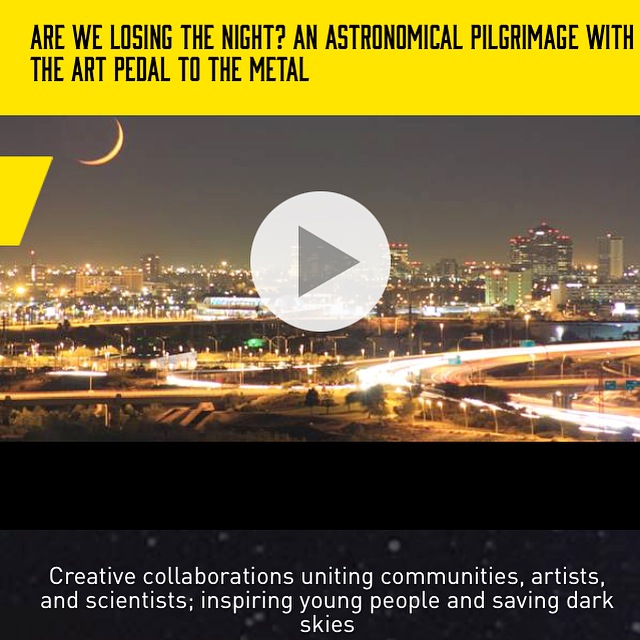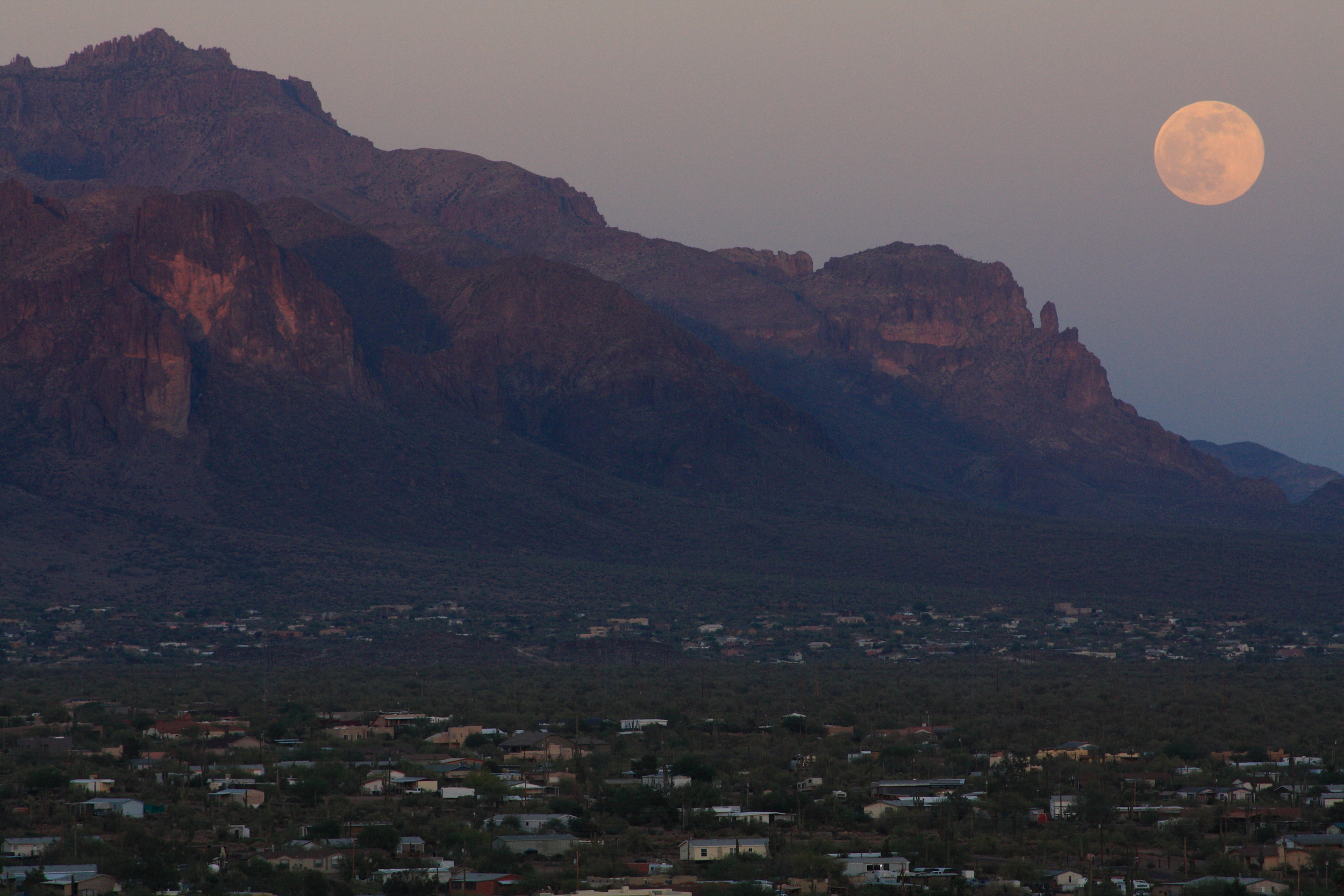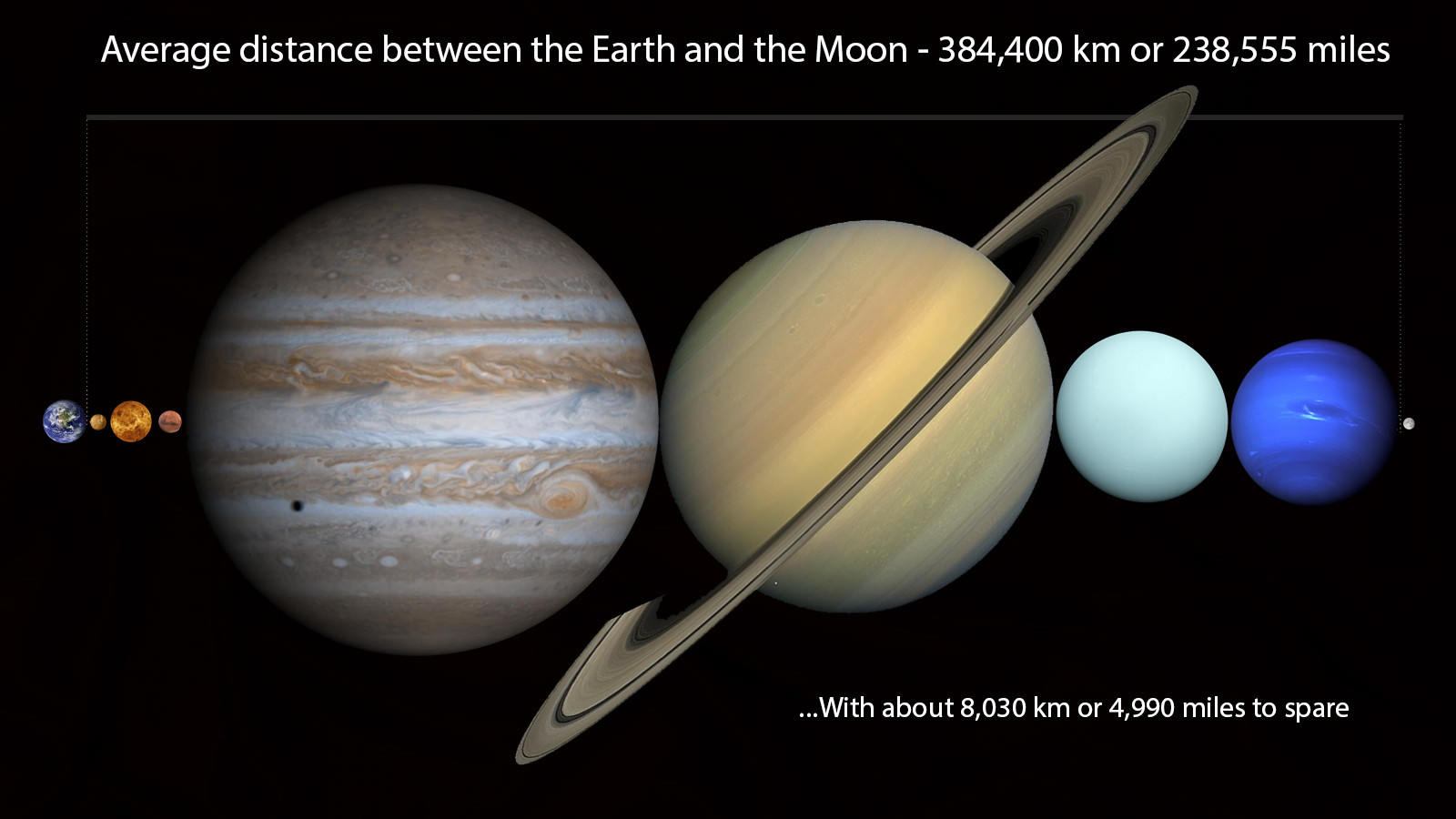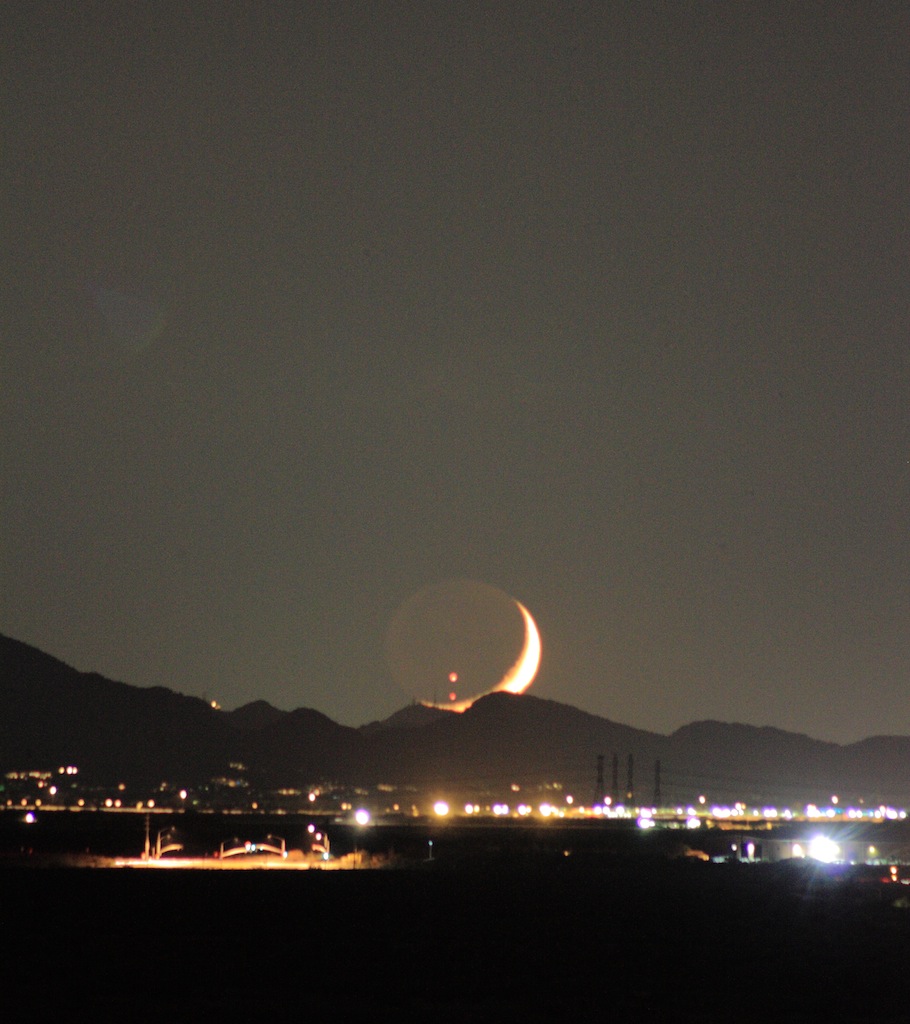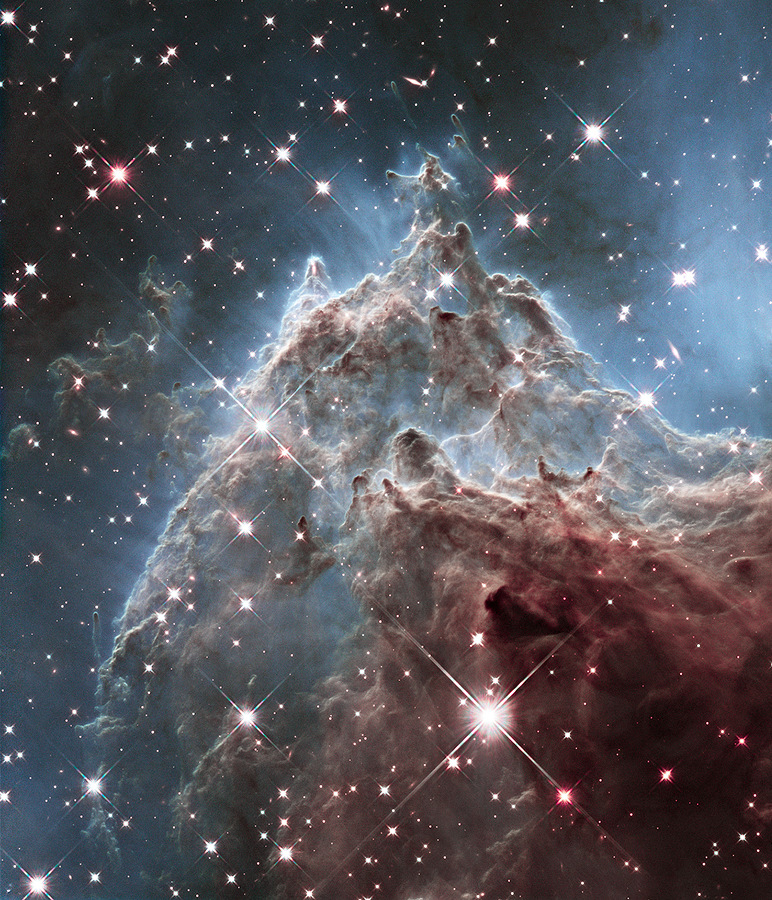POWER MOVES: Mars NASA Social // $50,000 Nat Geo Contest
Well, it seems that I am making some progress in my attempt to sneak in under the tent as a science writer/photographer/outreacher/visual culture of Astronomy-whathaveyou-somethingerother. And so accordingly, I would like to take some space to inform and reflect upon some new projects recently completed and currently in the works. I recently connected with an assistant professor of Recreation and Park Administration at Eastern Kentucky University who edits a bi-annual national newsletter for the State Park system of the United States. He reached out on Reddit for writers looking to get some exposure and promote their local state park and so I shot him a link of this blog and my Instagram page (accessible on the sidebar ---->) and pitched him an idea that was well received. I wrote up a quick narrative about hiking in and around the Superstition Mountains Wilderness and the Lost Dutchman State Park, photographic experiments with the Moon illusion touched on in my last post, star trails, and showing some friends Saturn for the first time through my 8" Dobsonian telescope. They are currently finishing editing and I should be able to share that story + photos fairly soon.
••••
Next weekend I will be flying to Denver, CO to attend the NASA Social event MAVEN Arrives at Mars where 25 social media space enthusiasts will be given press credentials and taken on a tour of the 1) the University of Colorado at Boulder's Laboratory of Atmospheric and Space Physics and 2) Lockheed Martin's Autonomous Systems facility in Littleton, CO. The MAVEN spacecraft launched some 10 months ago and on Sunday will perform an orbital insertion maneuver around the red planet in order to carry out its designed mission to study just how and why Mars lost its atmosphere and how that affected the Martian climate, which may have at some point in the past been able to sustain life. Expect lots of Twitter, FB, and Instagram posts, some cool stories, sweet photos, and a few slick hyperlapse (motion stabilized time-lapse) videos.
••••
And now for the Big Whoop.
A couple months ago, almost in passing, my father mentioned to me that National Geographic was hosting a contest for a $50,000 grant to fund a "dream expedition". I thought it sounded cool enough to research, but really didn't have an idea of what I could do with it. Then one night I was out shooting startrails over the Superstition Mountains for the article on state parks detailed above. I was with a friend who often joins me on late night shoots and I was describing a new method of depicting Milky Way timelapse videos that I happened upon by accident. We continued brainstorming how I might accomplish the task, which would require significant amounts of travel around the whole globe when the topic of conversation shifted and I ended up relaying the details of this NatGeo contest and lamenting on my lack of inspiration.
He said, "Do that!"
"Do what?" I inquired. "Do what you were just talking about, and use the contest to fund it." Oh dang, I thought, that's not a bad idea. A seed had been planted. I started to roll the idea over in my mind for a week or so until it morphed and spread out to include all the different visits, projects, meetings, images, videos, trips, places, and people that I have been wanting to work with since getting involved with all this amateur astronomy and astrophotography stuff. Community star parties, National Parks Dark Sky team and their artists-in-residence program, podcasters, publishers, outreach coordinators, the G+ Virtual Star Party crew, Bill Nye, 3D videographers, and not to mention all of my artistic friends. I started to see how this could turn into a whole big road trip with amazing collaborations ending possibly in an epic documentary or TV miniseries leaving a wake of art projects, community events, lesson plans for student groups, memories, and unintended consequences along the way.
I put my project proposal together over the span of two weeks with the enormous support and help of family and friends. The resulting video cost me heaps of stress, anguish, and existential dread. Check it out!
I still have to wait until the 16th of September to find out whether or not I am a finalist, but I am already sharing it around as if I were. I'm reaching out to the International Dark Sky Association, The Universe Today, CosmoQuest, maybe Neil deGrasse Tyson, Joe Rogan, Astronomers W/O Borders, and all my artist friends. If I am selected then the next two weeks will be an all out social media blitz to solicit as many public votes as possible. I will be sending out reminders, because I know how busy your lives are. Everybody can vote ONCE A DAY for one week - most public votes wins. Feel free to share it around in your own networks using the social media icon buttons on my project page and there is a little comment box at the bottom as well for any questions you may have about the details of my project.
I'm pretty nervous about it all. I don't mind possibly looking foolish for not winning - what with all the self promotion that this contest requires, but this project encompasses all that drives me creatively and ideally, it would just naturally transfer over into the perfect career. Wish, hope, pray, throw the IChing, call upon the planets, direct your intentional energies, and send all your woo woo vibes out to the Universe in my favor please!

